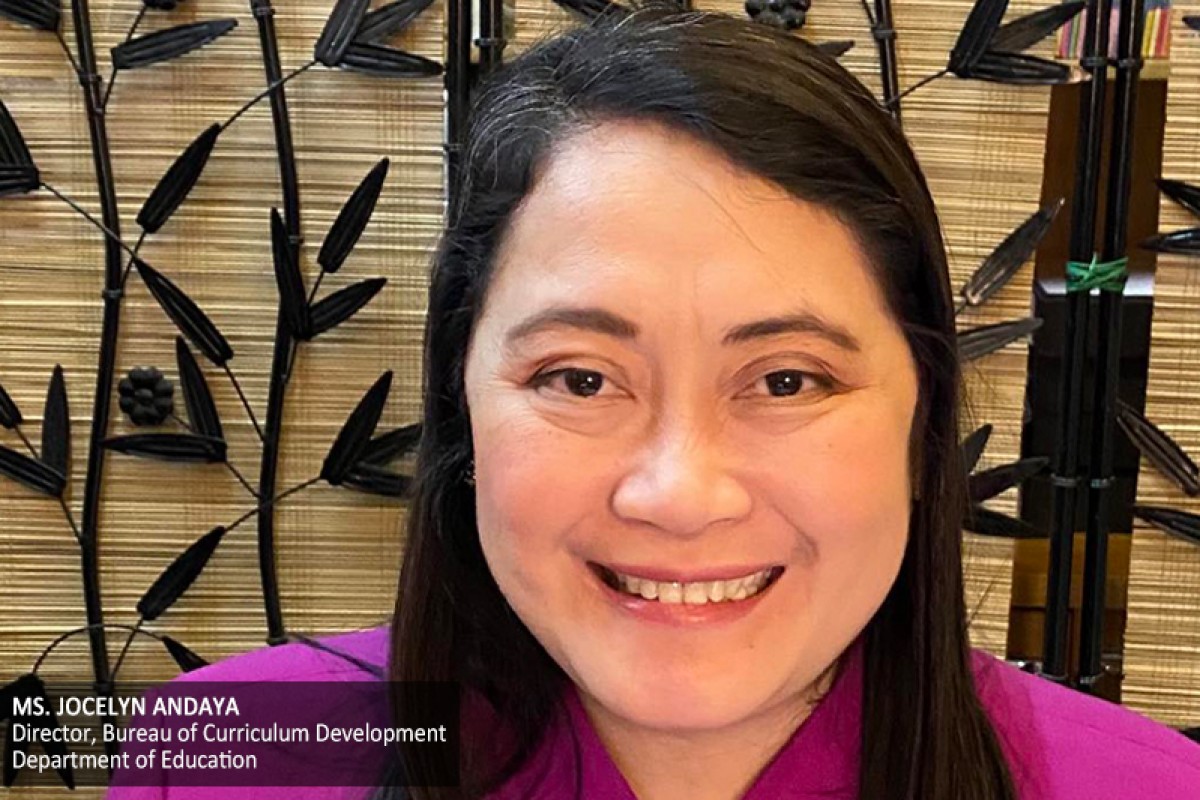QUEZON CITY -- Education is one of the hardest hit sectors in the country due to quarantine restrictions posed by the COVID-19 pandemic. With this, schools face the challenge of ensuring that classes are not compromised.
Jocelyn Andaya, director of the Department of Education’s (DepEd) Bureau of Curriculum Development, said this is important for practical classes that will prepare students for employment.
“One of the challenges during this pandemic is not just delivering quality education but also ensuring that our senior high school (SHS) learners are afforded opportunities for work immersion and hands-on training,” Andaya explained during the PIDS webinar titled “Senior High School Graduates’ Prospects and Challenges in the Labor Market” where she served as a discussant.
To adapt to the so-called ‘new normal’, Andaya said the Department of Education (DepEd) has looked into “the essential skills that need to be introduced to learners during [the] pandemic”.
For hands-on training, DepEd offers courses that can be done remotely, which are patterned after the courses that the Technical Education and Skills Development Authority offers. These include carpentry and all computer-related specializations, according to Andaya. These courses, she added, were done under the supervision of a teacher through an online platform.
“At the same time, modules are given, but [these are] not as effective as the online instruction where the teachers can really see what the students are doing, even if they only have limited resources,” Andaya pointed out.
Similarly, there are schools that provide learning kits to their students to guide them in their lessons.
“What we also [did] for our Joint Delivery Voucher Program was [to let] our technical-vocational institutions partners deliver the learning packages to the learners’ homes for them to have the necessary tools as they do the skills training remotely,” Andaya explained.
Andaya added that DepEd has released its guidelines for work immersion during a crisis situation to guide students and teachers. Work immersion is a requirement for the Technical-Vocational-
In a June 2020 memorandum from DepEd’s Office of Curriculum and Instruction through the Bureau of Curriculum Development, four different schemes were suggested for the conduct of DepEd’s suggested activities in the Arts and Design, Sports, and TVL tracks. These schemes include ‘in-school’ where the school shall provide a mock environment given its available facilities, ‘home-based’ where students perform the activities at home and will be monitored regularly by the SHS teacher, ‘community-based’ where schools make arrangement with the local government unit or nongovernment organization to provide the necessary environment, and ‘school and industry tie-up’ where a school and partner institution may provide the needed environment but with physical distancing. (PIDS)





